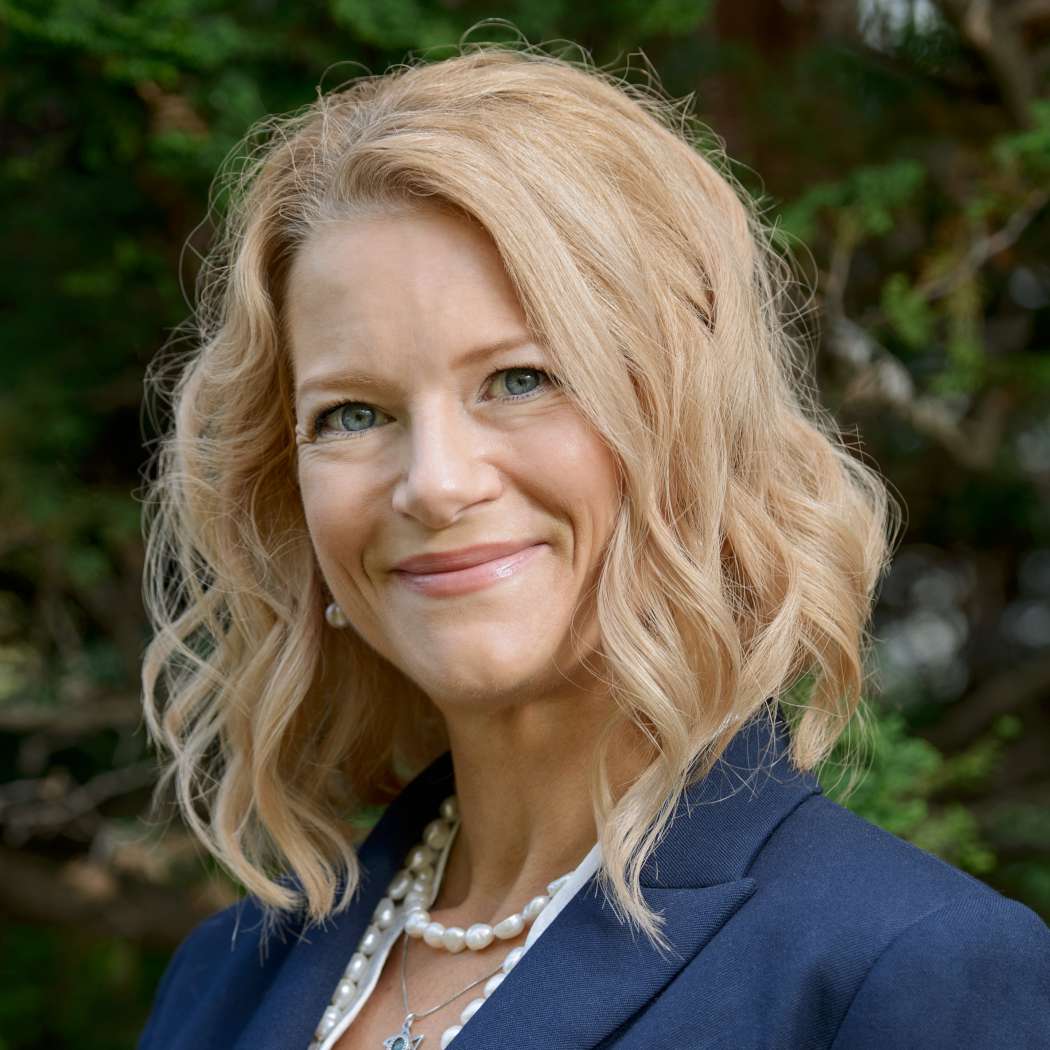Press Release
COMMON CAUSE NEW MEXICO TO FOCUS ON PUBLIC FINANCING FOR DISTRICT COURT RACES, RANKED CHOICE VOTING IN 2021 SESSION
Common Cause has two major priorities for the 2021 legislative session. First, the good government group is supporting a bill to be carried by Senators Katy Duhigg and Peter Wirth to expand public financing to district court campaigns. Currently, this voluntary system covers only the state Supreme Court and the Court of Appeals.
“Expanding the Voter Action Act, which established this system, is the best way to ensure our judges are protected from potential conflicts of interest,” said Heather Ferguson, executive director of Common Cause New Mexico. “It allows them to focus their time on their court’s case dockets, not raising large campaign funds from lawyers and special interests.”
Under the current system, judicial candidates are obligated to raise campaign funds from individuals and corporations, but at the same time, they must ensure that they do not know which donors contributed to their campaigns. This is done in order to protect them from any potential conflicts of interest and to comply with judicial ethics. The precarious position—raising money from donors and then turning a blind-eye at the same fundraising events when donor’s checks are handed over to their campaign treasurer—is absurd.
Ferguson said that outside special interest groups have been pouring huge amounts of dark money into judicial elections across the country to benefit their causes, but New Mexico has largely avoided this as a result of public financing. The cost of top judicial campaigns has also been lower than in other states.
Several years ago, Common Cause conducted a study, interviewing former judges, justices, attorneys and current district judges regarding judicial campaigns. The results showed that the vast majority of the judiciary and members of the bar—both Republicans and Democrats—wanted to see the state’s public financing program expanded to include all judicial races.
Ranked Choice Voting (RCV) is another major priority this session. The system, which has been adopted at the municipal level in Las Cruces and Santa Fe, is a simple change in voting procedure that can have a big impact in reducing election costs and assuring the public that winners garner a majority. Common Cause is supporting a measure in this area.
RCV allows voters the option to rank candidates in order of preference: one, two, three and so forth. If your first-choice vote does not win, your next choice will then count as your vote. If a candidate receives more than half of the first choices, that candidate wins, just like in any other election. However, if there is no majority winner after counting first choices, the race is decided by an “instant runoff.” The candidate with the fewest votes is eliminated, and voters who picked that candidate as ‘number 1’ will have their votes count for their next choice. This process continues until a candidate wins with more than half of the vote. This recount occurs the day of the election.
“With so much division in the country, RCV is a way to affirm majority rule even in a multi-candidate field,” said Ferguson. “Voters get a second choice, and that ensures they have a role in choosing a leader, even if their initial candidate does not win,” said Ferguson.
“It has a secondary benefit of making campaigns more civil by encouraging candidates to appeal to their opponents’ supporters when asking for their second-choice vote,” she added.
Additionally, Common Cause is supporting a constitutional amendment that will ensure local governments may continue to conduct their elections in the manner the election code currently allows, which is being carried by Sen. Ivey-Soto.
Common Cause is also supporting the closure of campaign reporting loopholes used by dark money PACS (Sen. Peter Wirth), a bill to open primaries to independent voters (Sen. Katy Duhigg and Rep. Daymon Ely), additional lobbyist reporting requirements (Sen. Jeff Steinborn), Native American election protection measures (Rep. Georgene Lewis), and redistricting reforms to provide more citizen involvement, less partisan gerrymandering and incumbent protection (Sens. Ortiz y Pino and Moores).
###
Common Cause is a nonpartisan grassroots organization dedicated to upholding the core values of American democracy. We work to create open, honest, and accountable government that serves the public interest; to promote equal rights, opportunity, and representation for all; and empower all people to make their voices heard as equals in the political process.

